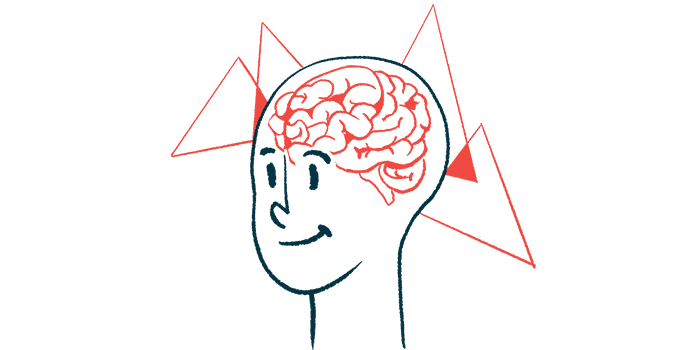Study Assesses How Music Therapy May Improve Fine Motor Skills
Written by |

A clinical study is assessing whether a specific type of rehabilitation therapy — called neurologic music therapy — may help people with Parkinson’s disease recover fine motor skills, such as those required for writing, self-care, and fine object manipulation.
The trial (NCT03049033) is underway at the University of Colorado and seeks to enroll 100 Parkinson’s disease patients ages 45 to 85. More information about enrollment is available here.
The study is led by Isabelle Buard, PhD, assistant research professor at the University of Colorado School of Medicine in Aurora, and is funded by the National Institutes of Health.
Neurologic music therapy uses specific combinations of rhythm and movement to re-establish the natural electrical activity in the brain, used by nerve cells (neurons) to communicate with each other. This electrical activity can be measured as brainwaves (oscillations) with different frequencies. In the brains of Parkinson’s patients, those running in the beta-frequency are more likely to be affected.
“In Parkinson’s, beta frequencies are the most likely to being impaired,” Buard said in a University press release. “The idea of the study is to use external rhythms that specifically target those frequencies by entraining them to a different level, modulating them to restore some kind of homeostasis [equilibrium] in brain activity.”
Besides gross motor symptoms — those that affect general whole-body movement — that characterize Parkinson’s disease, patients also are impaired in fine motor abilities. Loss of fine motor capacity contributes to a patient’s disability, feeling of social isolation, and a reduced quality of life.
Previous studies have shown that neurologic music therapy eased several gross motor impairments and improved gait and balance. However, whether it also can improve fine motor function remains unknown.
“The idea is that if you’re doing internally generated movements, you rely on motor neuronal loops that are impaired in Parkinson’s, so you have some problems doing movements, or they are slow and not coordinated,” said Buard.
“When your movement is driven by external rhythms, then the movement seems to be easier to perform. I’m looking at the networks that are mobilized during internally versus externally driven movement and trying to disentangle which different aspect is meaningful in terms of mobilization of brain networks,” Buard said.
Another neurologic music therapy technique that holds promise, but whose efficacy has not been investigated in Parkinson’s, is a sort of therapeutic instrumental music performance, such as when patients can improvise at the piano.
“We don’t really know why or how, but there’s a big emotional contentment component that comes with producing music. It seems to increase quality of life for some people,” said Buard. “A lot of people feel very uncomfortable improvising at the beginning, but by the end, they’re very much liking it.”
Data collected throughout the study includes finger dexterity measured via the grooved pegboard test (GPT), commonly used as a test of fine motor performance. The GPT test consists of 25 holes with randomly positioned slots that need to be rotated into certain positions to be correct.
The team also will assess quality of life, and signs of anxiety and depression.
Insights collected from this trial may inform on future research to design better treatment and rehabilitative interventions for patients with Parkinson’s disease and other neurologic diseases, Buard said. It also may shed light on the neural processes harnessed by music.
Buard hopes the study may help establish music as a standard and relevant practice to help improve fine motor skills.
“Right now, if you have fine motor difficulties due to Parkinson’s, your medications are not helping with that,” said Buard. “The medications help with gait and balance, and some medications help with tremors. But fine motor skills are not really handled well by medication therapy. It’s really a symptomatic approach, so if we find that it’s effective for Parkinson’s, we will do a larger clinical trial so that music therapy can be further approved as one of the clinical therapies for fine motor skills.”



